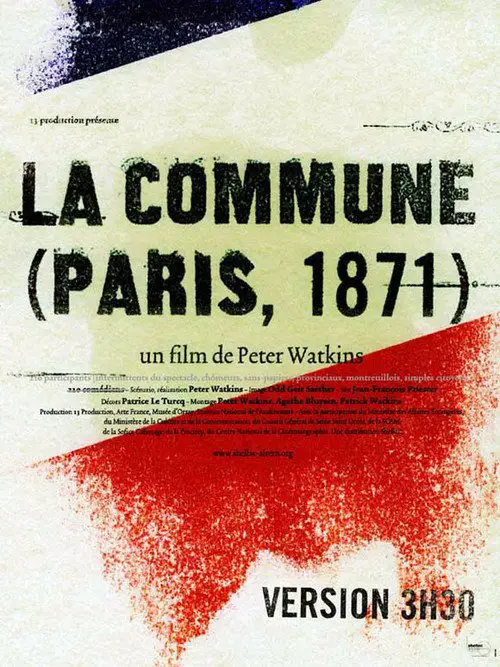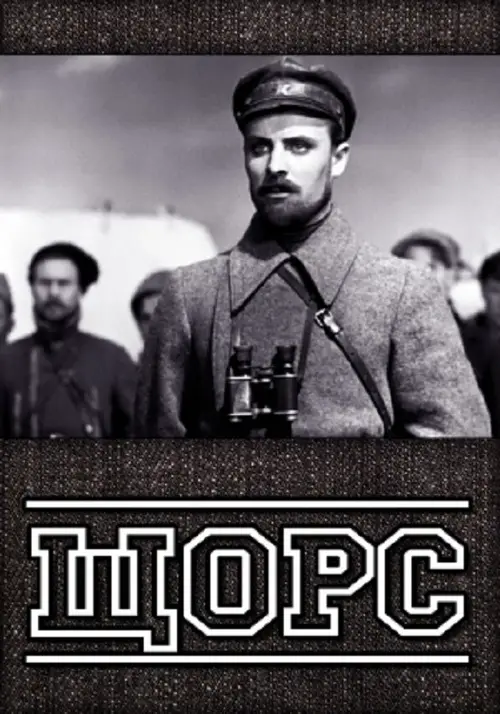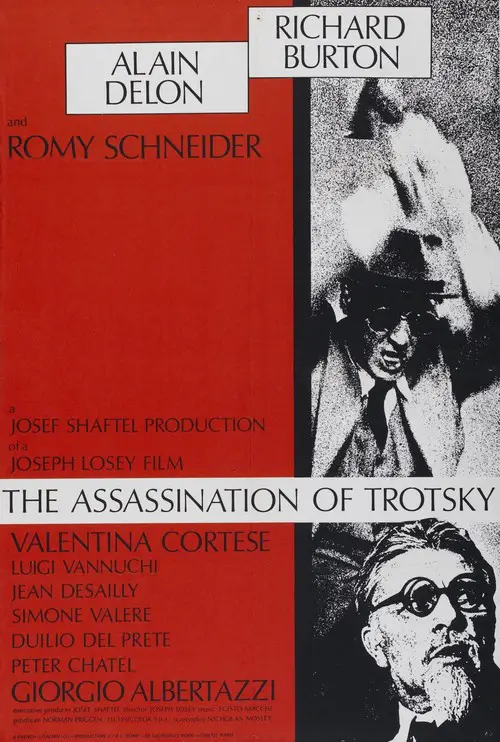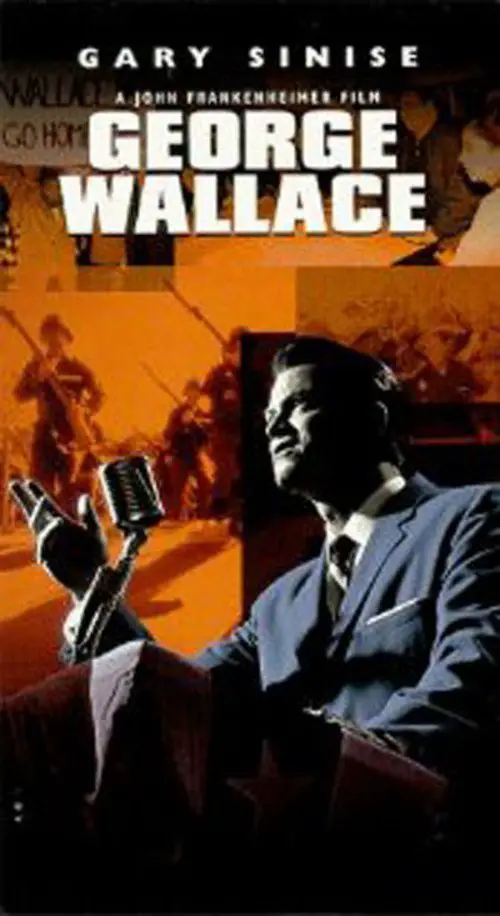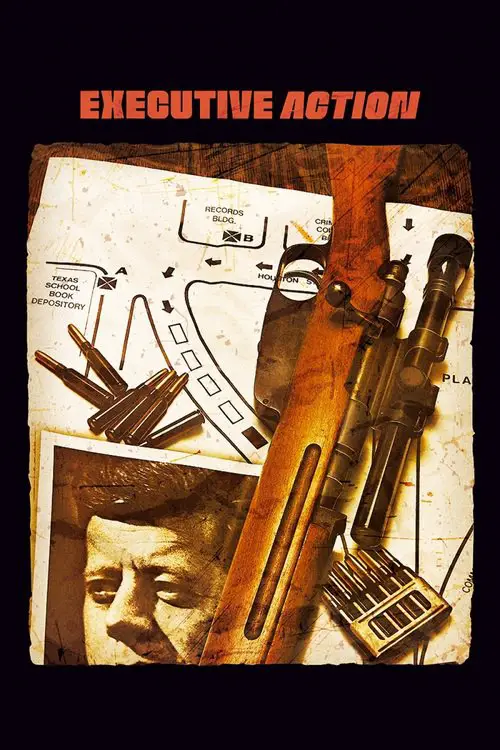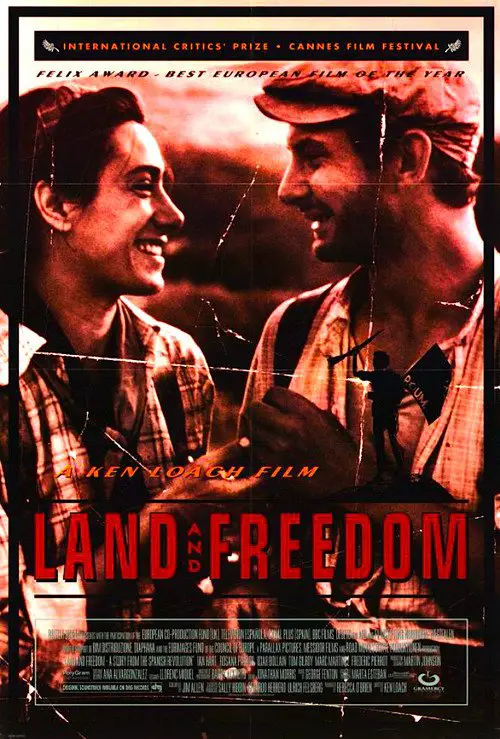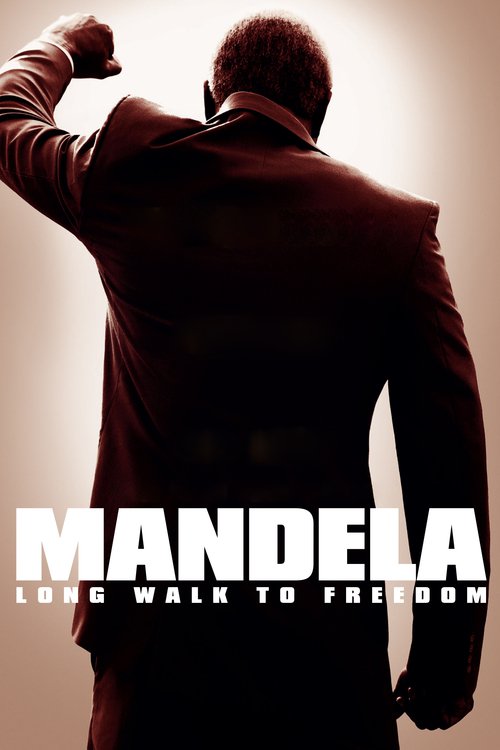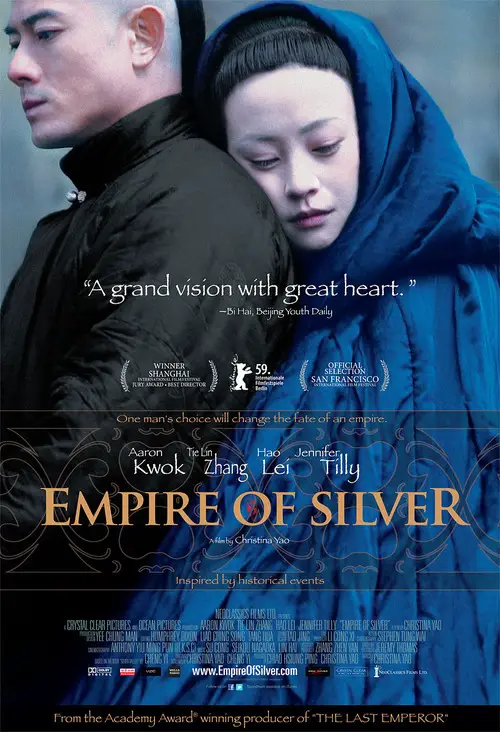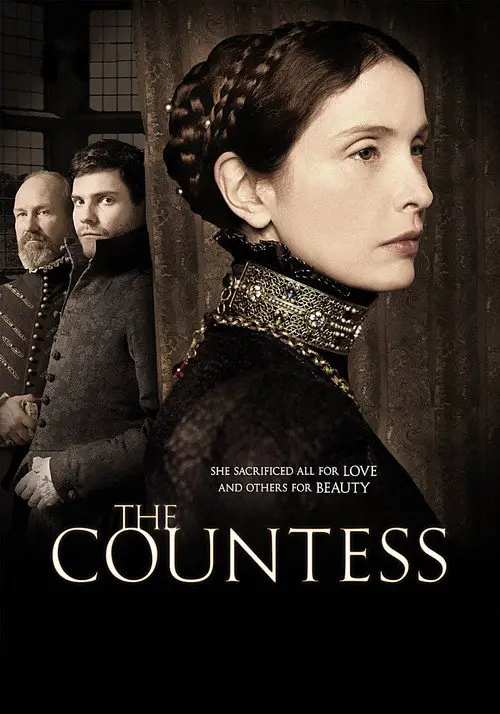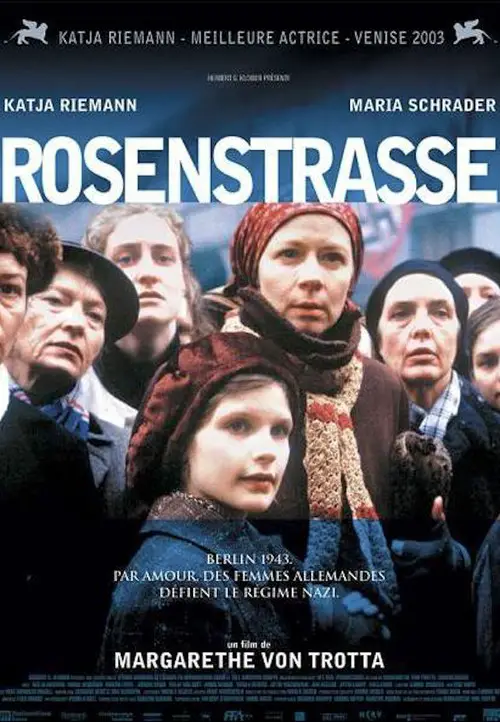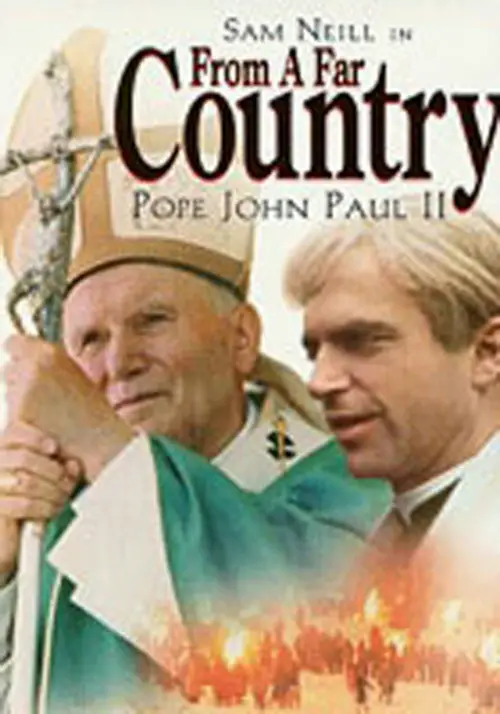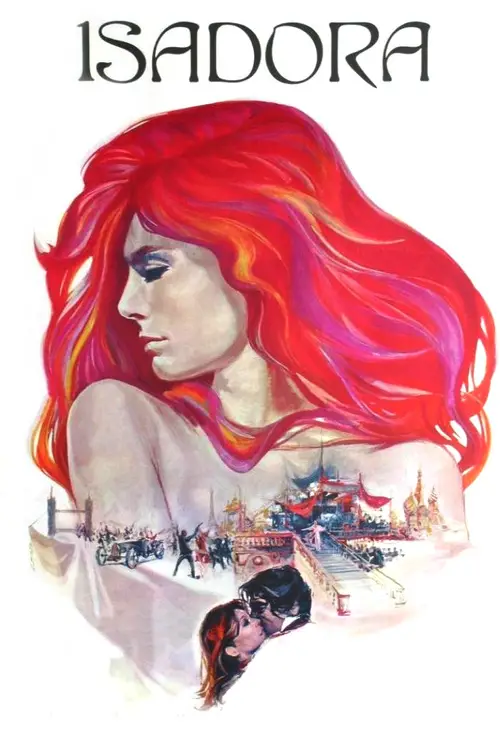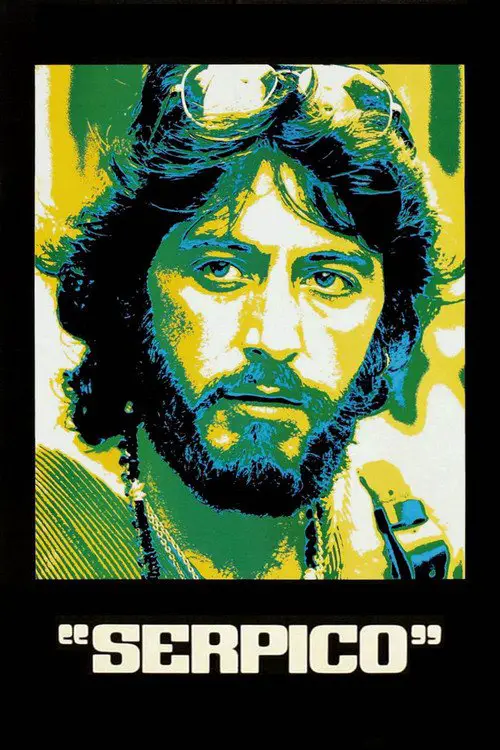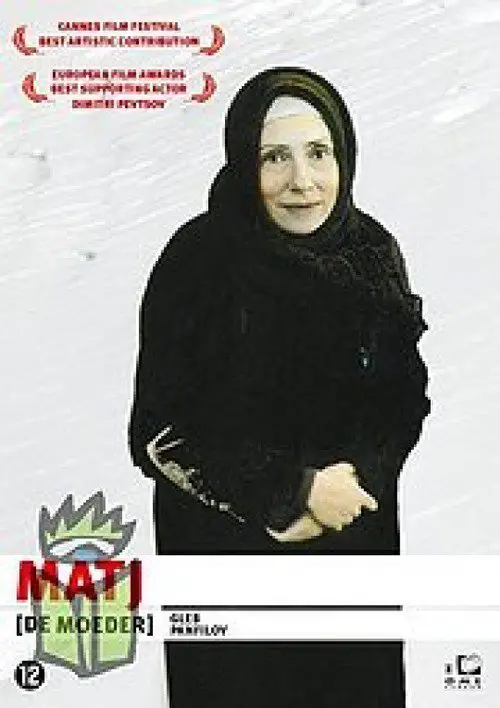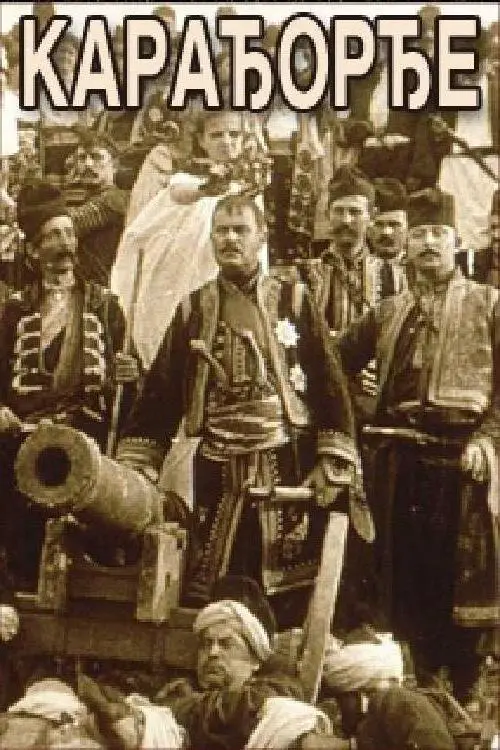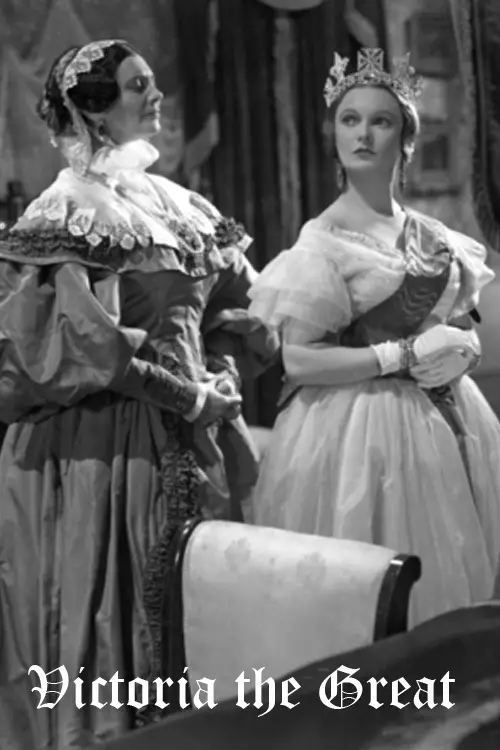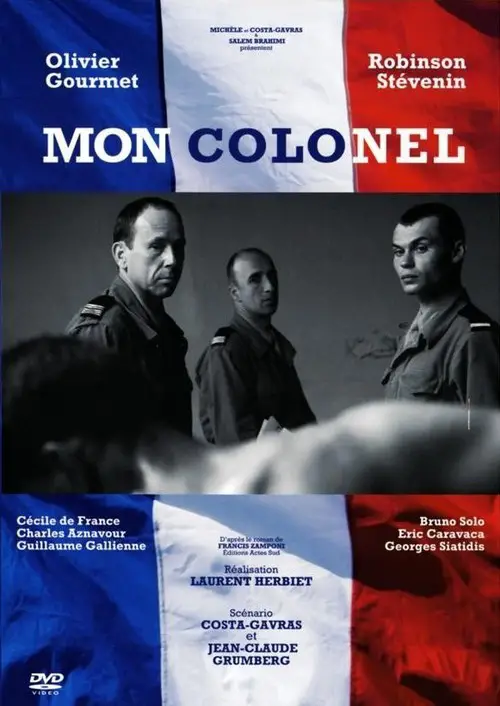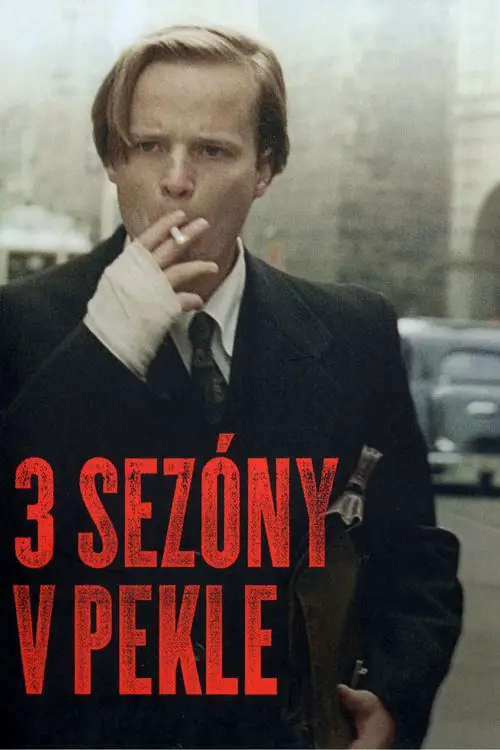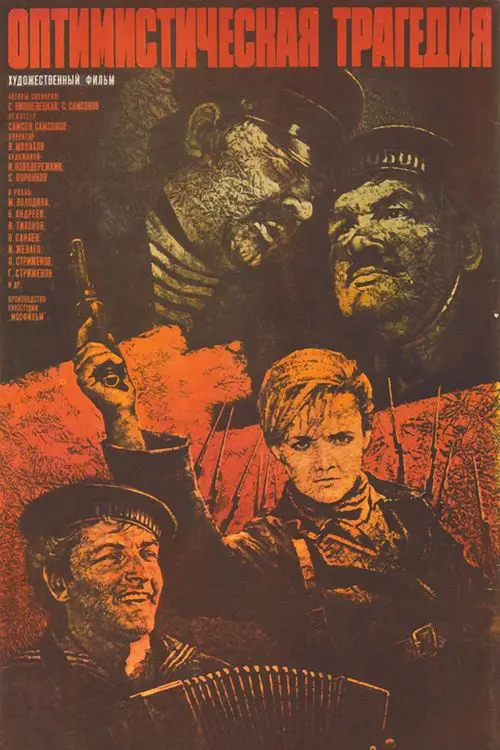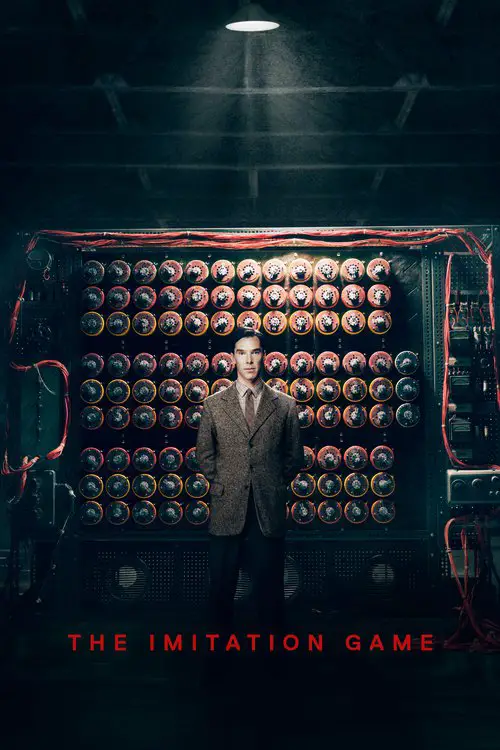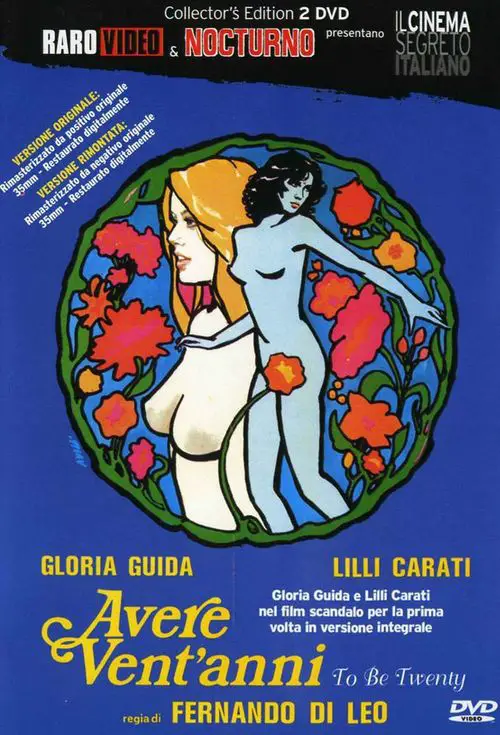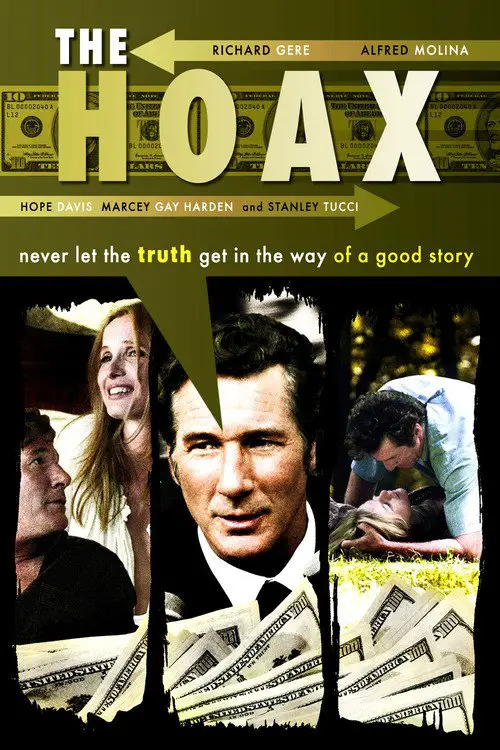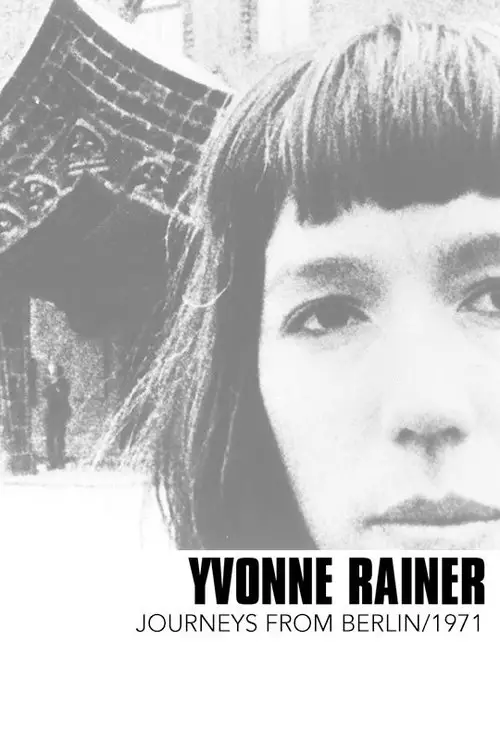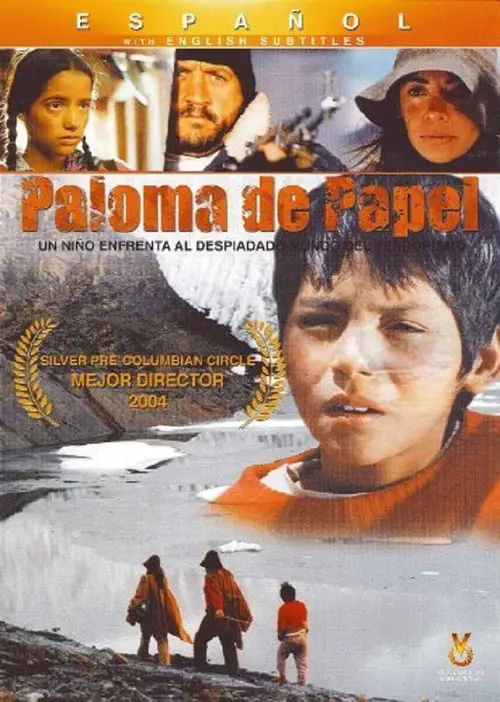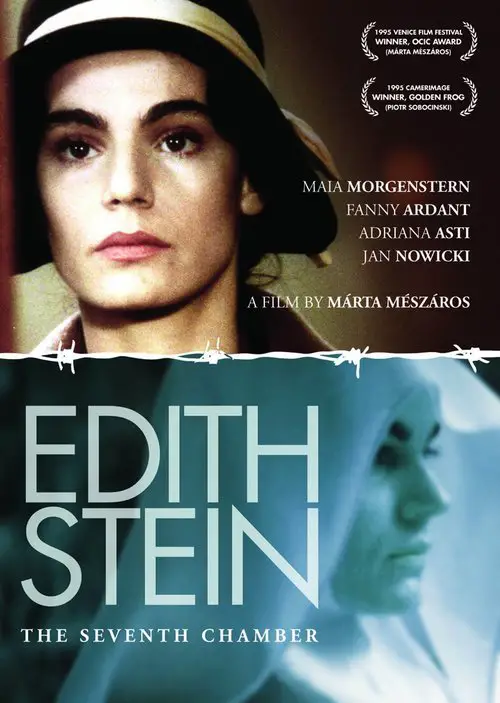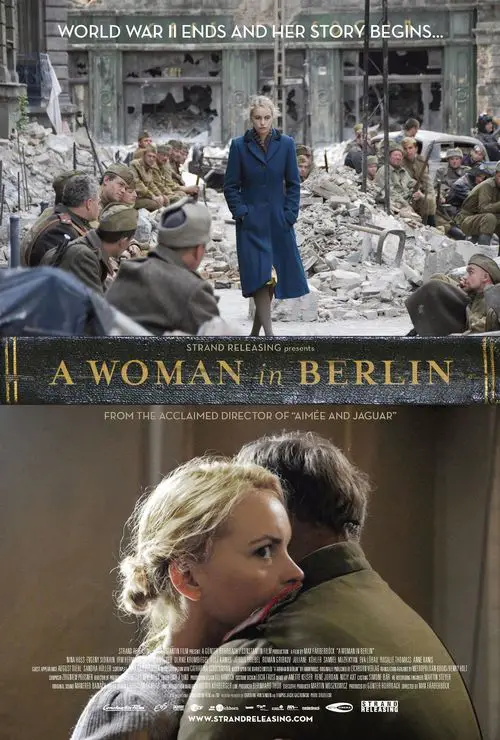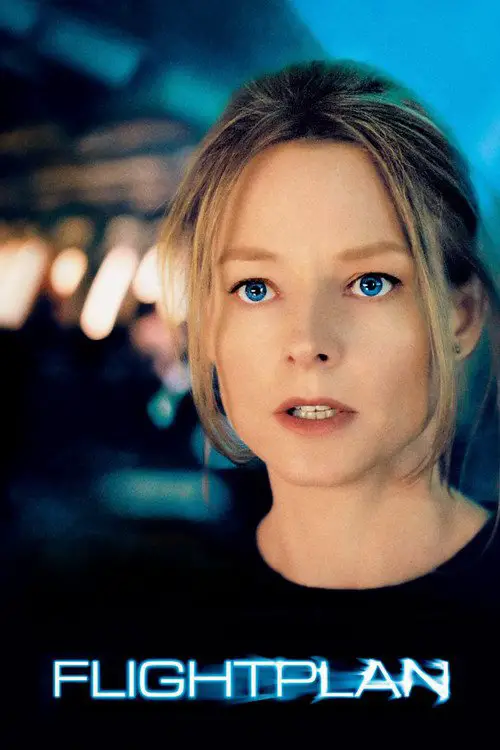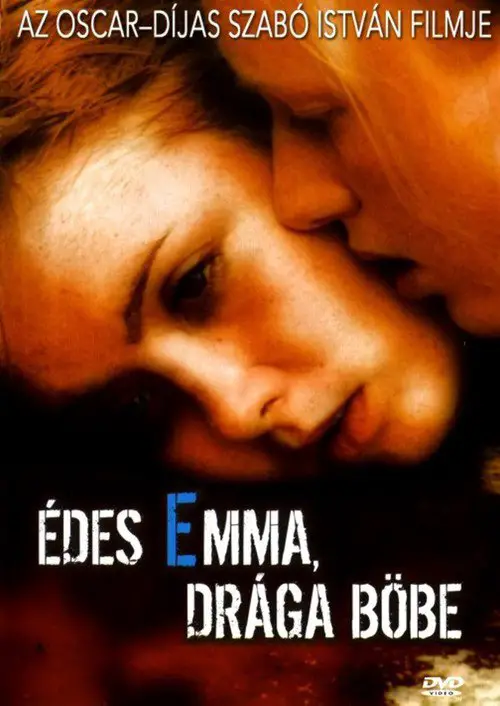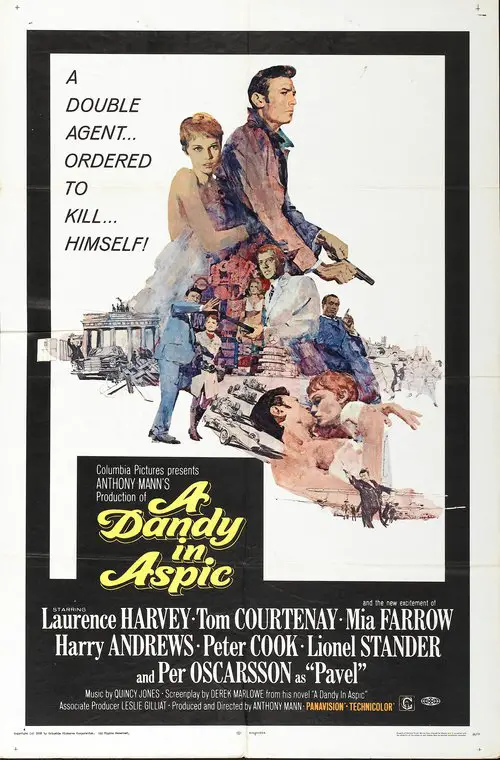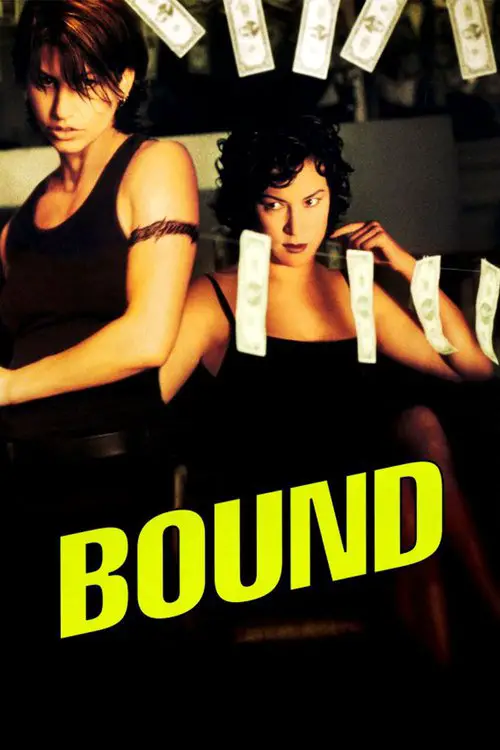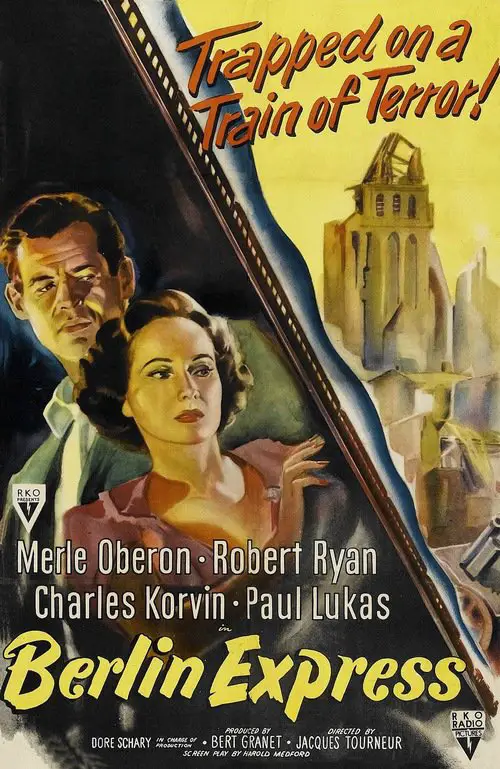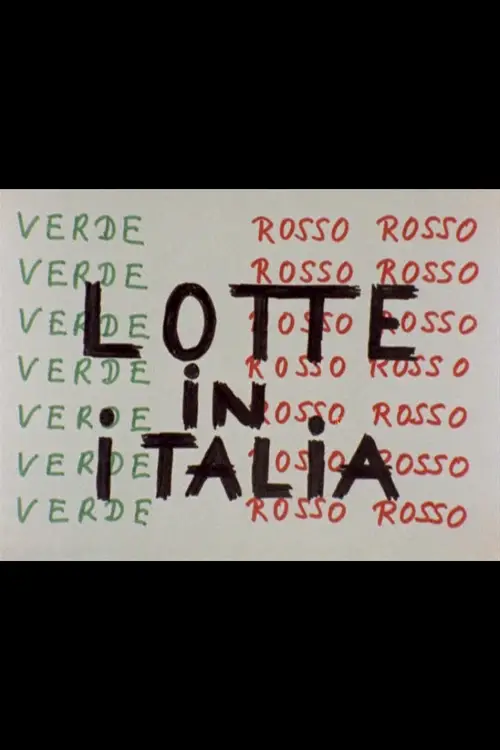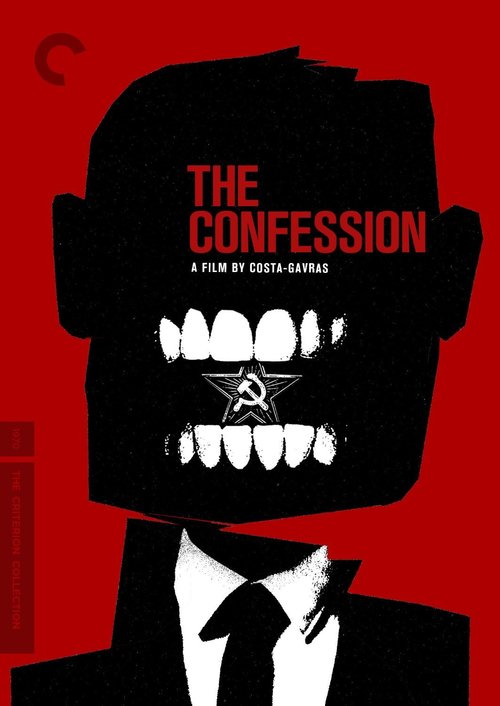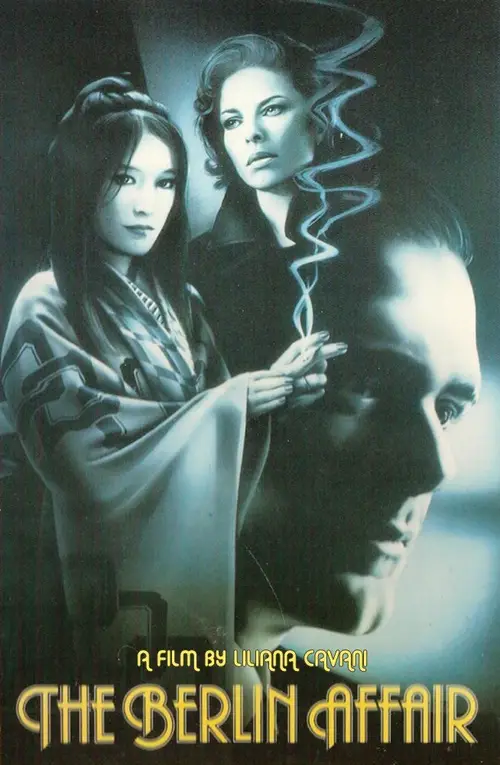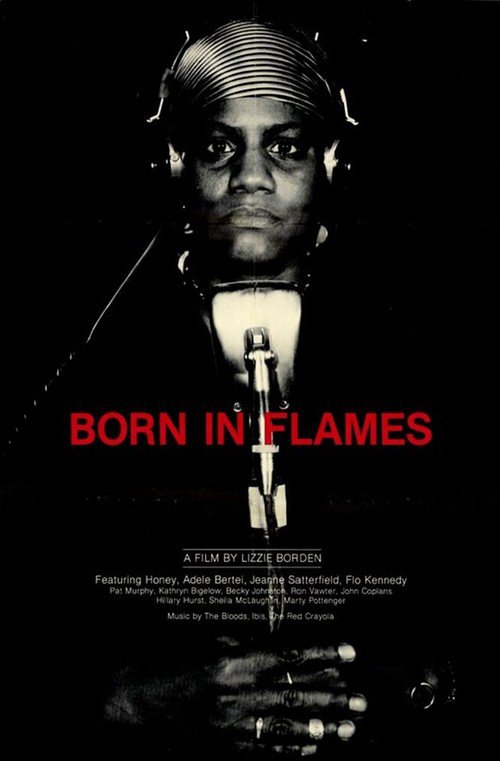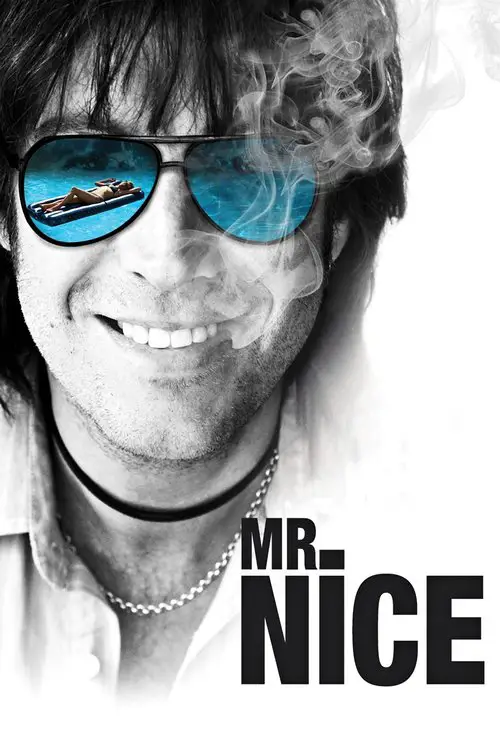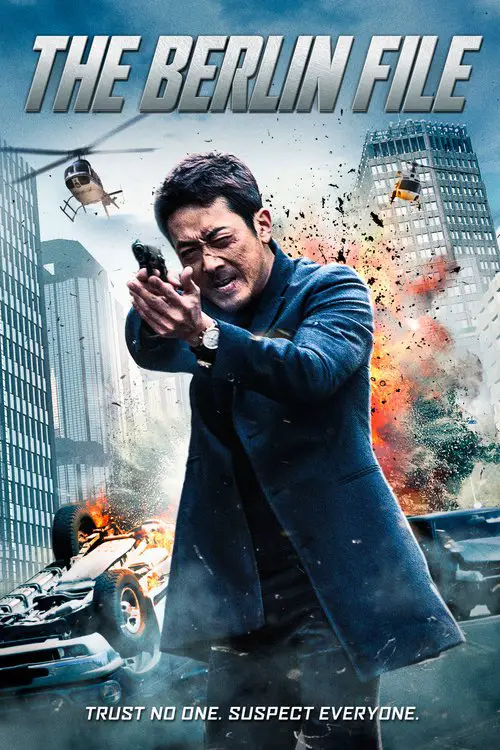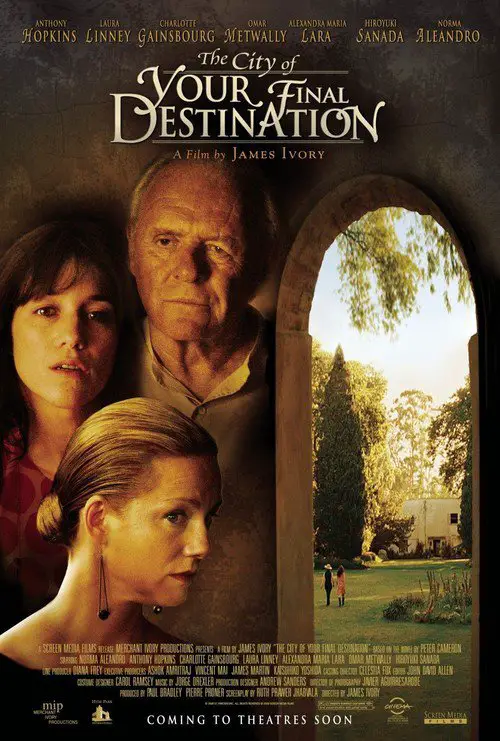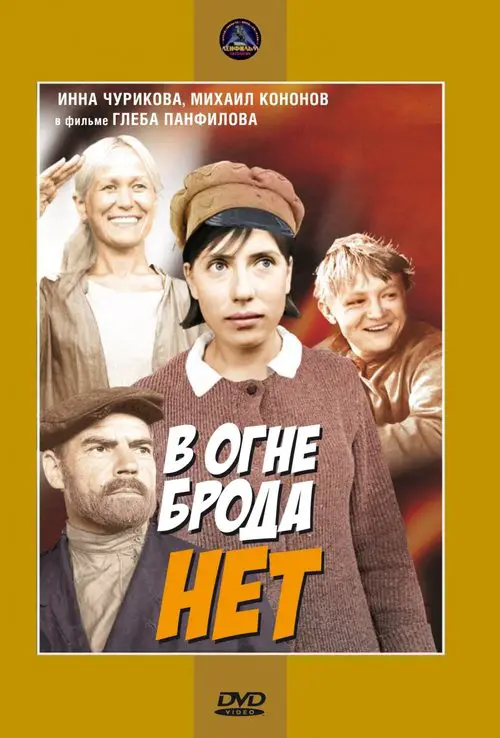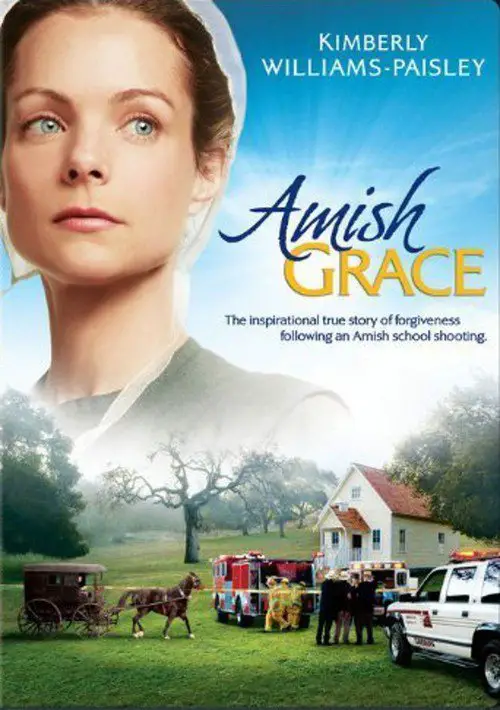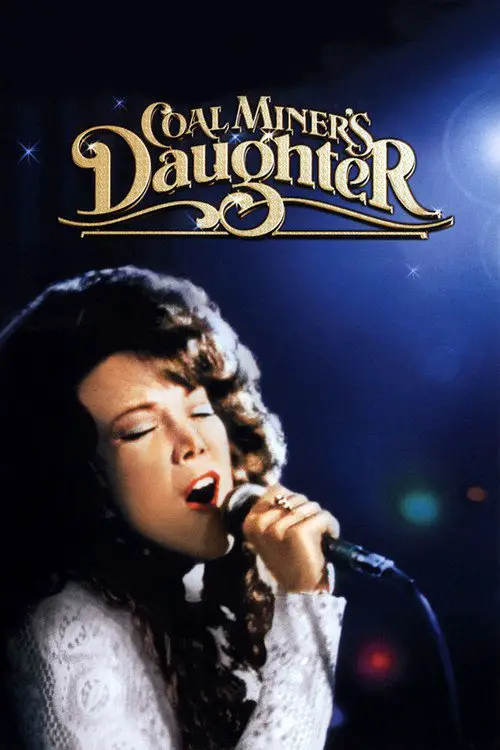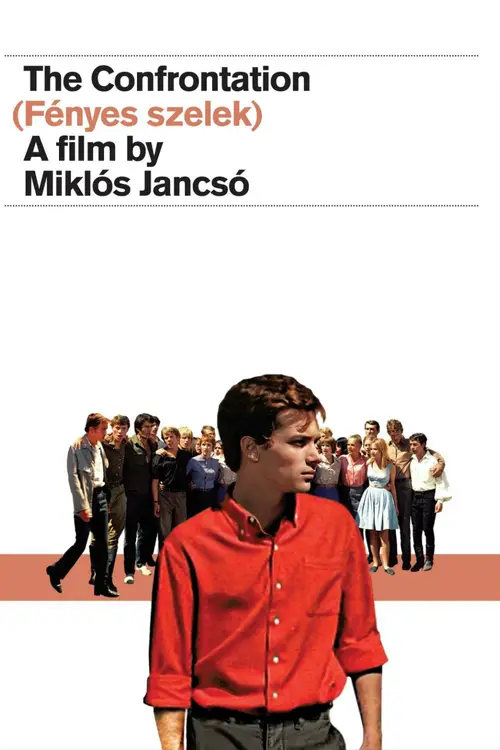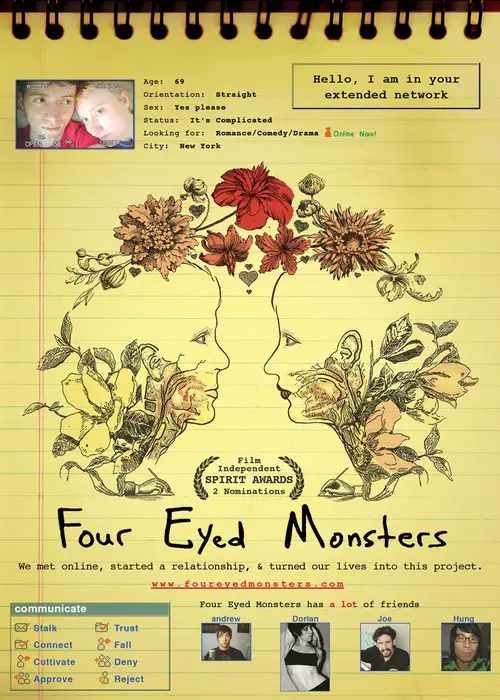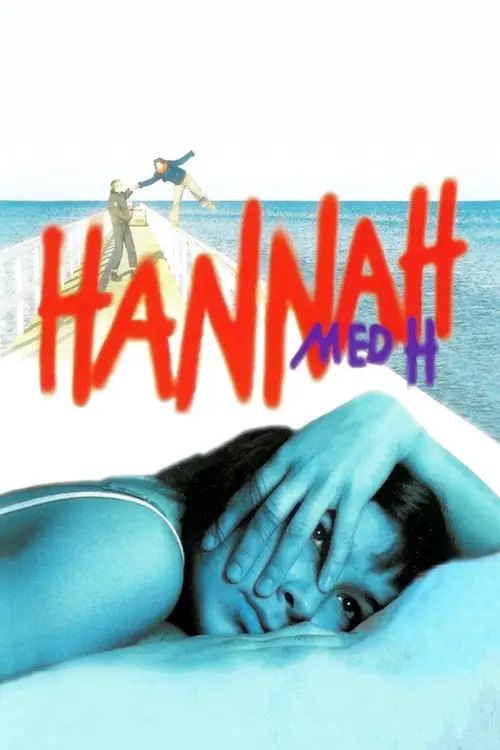Rosa Luxemburg (1986)
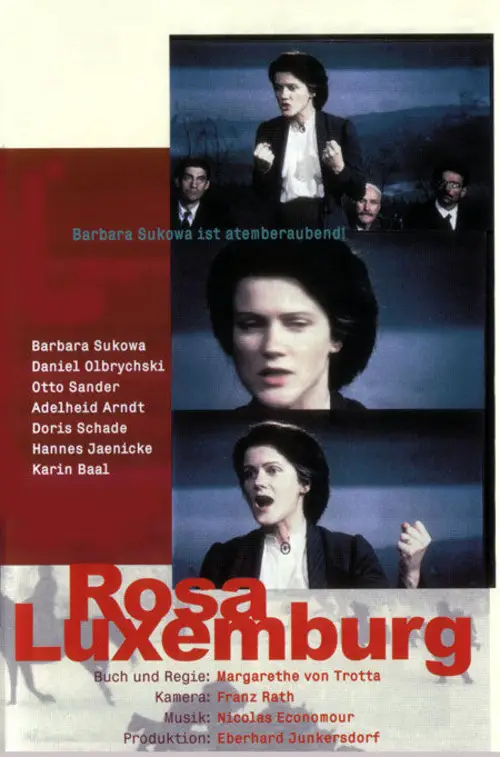
Similar movies
We are in the year 1871. A journalist for Versailles Television broadcasts a soothing and official view of events while a Commune television is set up to provide the perspectives of the Paris rebels. On a stage-like set, more than 200 actors interpret characters of the Commune, especially the Popincourt neighbourhood in the XIth arrondissement. They voice their own thoughts and feelings concerning the social and political reforms. The scenes consist mainly of long camera takes.
The year is 1919. German troops retreat from Ukraine. The Directory, the Ukrainian national government lead by Symon Petliura, takes control of Kyiv. Meanwhile, the Bolshevik division commanded by Mykola Shchors is marching on the capital. The Bolsheviks capture the cities of Vinnytsia, Zhmerynka, and others one by one, but lose Berdychiv to Petliuraâs forces. They are demoralized by the defeat. By his personal example of courage and military skill, Shchors inspires the retreating Red troops and leads them to victory over the enemy.
George Wallace is a 1997 television film starring Gary Sinise as George Wallace, the former Governor of Alabama. It was directed by John Frankenheimer, who won an Emmy award for it; Sinise and Mare Winningham also won Emmies for their performances. The film was based on the 1996 biography Wallace : The Classic Portrait of Alabama Governor George Wallace by Marshall Frady, who also co-wrote the teleplay. Frankenheimer's film was highly praised by critics: in addition to the Emmy awards, it received the Golden Globe for Best Miniseries/Motion Picture made for TV. Angelina Jolie also received a Golden Globe for her performance as Wallace's second wife, Cornelia.
Berlin 1943/44 ("The Battle of Berlin"). Felice, an intelligent and courageous Jewish woman who lives under a false name, belongs to an underground organization. Lilly, a devoted mother of four, though an occasional unfaithful wife, is desperate for love. An unusual and passionate love between them blossoms despite the danger of persecution and nightly bombing raids. The Gestapo is on Felice's trail. Her friends flee, she decides to sit out the war with Lilly. One hot day in August 1944, the Gestapo is waiting in Lilly's flat...
The movie narrates the story of David Carr, an unemployed worker and member of the Communist Party of Great Britain. In 1936 he decides to fight for the Republican side in the Spanish Civil War, an anti-fascist coalition of liberals, communists and anarchists. Similar to George Orwell's experiences documented in Homage to Catalonia, he joins the POUM worker militia and witnesses first hand the betrayal of the Spanish revolution by the Stalinists, loyal only to the dictat of Moscow.
When Ruth's husband dies in New York, in 2000, she imposes strict Jewish mourning, which puzzles her children. A stranger comes to the house - Ruth's cousin - with a picture of Ruth, age 8, in Berlin, with a woman the cousin says helped Ruth escape. Hannah, Ruth's daughter engaged to a gentile, goes to Berlin to find the woman, Lena Fisher, now 90. Posing as a journalist investigating intermarriage, Hannah interviews Lena who tells the story of a week in 1943 when the Jewish husbands of Aryan women were detained in a building on Rosenstrasse. The women gather daily for word of their husbands. The film goes back and forth to tell Ruth and Lena's story. How will it affect Hannah?
The film is a biography of Pope John Paul II. It starts in 1926 when the boy Karol Wojtila was celebrating Christmas with his father in Poland. Some years later Nazi Germany attacks Poland and invades the country while Wojtila seeks refuge at the house of Cardinal Wyszynski. Also appear all the other important stations of the life of the Pope.
Serpico is a 1973 American biopic directed by Sidney Lumet and starring Al Pacino. It's based on Peter Maas' biography of NYPD officer Frank Serpico, who went undercover to expose corruption in the force. The film and its principals were nominated for numerous awards, and together with Scarecrow, which was released the same year, it marked the big breakthrough for Al Pacino. The film was also a commercial success.
In April of 1945, Germany stands at the brink of defeat with the Russian Army closing in from the east and the Allied Expeditionary Force attacking from the west. In Berlin, capital of the Third Reich, Adolf Hitler proclaims that Germany will still achieve victory and orders his generals and advisers to fight to the last man. When the end finally does come, and Hitler lies dead by his own hand, what is left of his military must find a way to end the killing that is the Battle of Berlin, and lay down their arms in surrender.
The social ferment in late 19th century Russia which led to the 1917 Russian Revolution is movingly portrayed in this lengthy historical drama, which is very faithful to the 1907 novel The Mother by the celebrated Marxist writer Maxim Gorky (1868-1936). In the story, "the mother" (Inna Tchourikova) has no other recourse than to watch her decent, kindly husband turn into an animalistic, drunken brute as a result of working in the inhuman conditions of a steel mill in the town of Sormovo. When he begins to express his suppressed rage by beating her, she is defended by her teenaged son Pavel (depicted Viktor Rakov as an adult, Sacha Chichonok as a boy). After his father's death, Pavel is forced to go to work in the same factory. However, Pavel and his friends begin investigating Marxism and socialist thought, and work to organize their fellow workers.
The film biography of Queen Victoria focussing initially on the early years of her reign with her marriage to Prince Albert and her subsequent rule after Albert's death in 1861. The film was released in the year of King George VI's coronation, which was also the centennial of Victoria's own accession to the throne.
A "Reformed Colonel" is found dead in Paris, a couple of decades after Algeria's struggle for independence was won from France. Lieutenant Galois is assigned the investigation of this murder. She receives the diary of Lieutenent Guy Rossi who served under The Colonel in Algeria in 1956, and has been reported as missing in action since 1957. The revelations found in Rossi's diary go far beyond The Colonel's actions in Algeria, and give an insight on how dirty Algeria's War for Independence really was.
As the communist revolt progresses in Russia, a female commissar is dispatched to some anarchist sailors to get them on board the party bandwagon. Her arrival is met with skepticism and an attack by an aspiring rapist. She shoots the man in self defense and begins to form the sailors into a cohesive fighting unit. Joining the unit for a mission, the sailors are all murdered before they can convert to communism. The fallen angel is held up as a symbolic heroine to the people's cause in this decidedly propaganda-drenched film. The film took a specially created prize at the 1963 Cannes Film Festival, somewhat to the consternation of critics who failed to observe its merits.
Lia and Tina are two beautiful girls who meet and realize that they have a lot in common. They are both young, beautiful and pissed off, so they decide to hitchhike their way to Rome to find Nazariota's commune, a place to stay for free and have all the sex they want... or so they think. Things don't go as they have planned though, and soon they become involved in prostitution, the police and an aggressive gang.
What To Do In Case of Fire? tells the humorous and touching story of six former creative anarchists who lived as house squatters in Berlin during its heyday in the 80s when Berlin was still an island in the middle of the former eastern Germany. At the end of the 80s they went their separate ways with the exception of Tim and Hotte, who have remained true to their ideals and continue to fight the issues they did as a group. In 2000, with Berlin as Germany's new capital, an event happens forcing the group out of existential reason to reunite and, ultimately, come to grips with the reason they separated 12 years ago.
Wings of Desire is Wim Wenderâs artistically beautiful film about the lonely and immortal life of angels during a post-war Berlin. Itâs a poetic journey from the perspective of the angels of which one falls in love with a living woman and wants to become a mortal human thus giving up his heavenly life. Filmed in black and white and with a feeling of celebrating life.
Juan, a young man convicted of terrorism, is given amnesty from a Lima prison; he boards a bus to return home and, in his mind's eye, recalls events in his village near Huaraz when he was 10 or 12. His father is long dead, his mother lives with Fermin, secretly a sympathizer with the Communist guerrillas in the hills. Town leaders are assassinated at night. When Juan discovers Fermin's secret, Juan is spirited away to the guerrillas to learn Marxist slogans and how to fight. When the band decides to attack the town to avenge the death of a comrade, Juan must choose.
A nameless woman keeps a diary as the Russians invade Berlin in the spring of 1945. She is in her early 30s, a patriotic journalist with international credentials; her husband, Gerd, a writer, is an officer at the Russian front. She speaks Russian and, for a day or two after the invasion, keeps herself safe, but then the rapes begin. She resolves to control her fate
Germany in Autumn does not have a plot per se; it mixes documentary footage, along with standard movie scenes, to give the audience the mood of Germany during the late 1970s. The movie covers the two month time period during 1977 when a businessman was kidnapped, and later murdered, by the left-wing terrorists known as the RAF-Rote Armee Fraktion (Red Army Faction). The businessman had been kidnapped in an effort to secure the release of the orginal leaders of the RAF, also known as the Baader-Meinhof gang. When the kidnapping effort and a plane hijacking effort failed, the three most prominent leaders of the RAF, Andreas Baader, Gudrun Enslin, and Jean-Carl Raspe, all committed suicide in prison. It has become an article of faith within the left-wing community that these three were actually murdered by the state.
Double-agent Alexander Eberlin is assigned by the British to hunt out a Russian spy, known to them as Krasnevin. Only Eberlin knows that Krasnevin is none other than himself! Accompanying him on his mission is a ruthless partner, who gradually discovers his secret as Eberlin tries to maneuver himself out of a desperate situation.
In 1938 Berlin, Gudrun Landgrebe, wife of Nazi functionary Kevin McNally, begins taking art lessons. She makes the acquaintance of another student, Japanese ambassador's daughter Mio Takaki. Soon afterwards, the two women begin a passionate lesbian affair. This leads to a chain reaction of disaster and tragedy, culminating with the inevitable intervention of the Gestapo. Despite the film's galloping sexual passions, The Berlin Affair is an exercise in aloofness, keeping the characters at arm's length-surprising, considering that the director was Liliana Cavani, auteur of the erotic classic The Night Porter (1974). The film was based on The Buddhist Cross, a novel by Junichiro Tanizaki.
JUNG Jin-soo, a South Korean intelligence agent, comes across an unidentifiable operative, a 'ghost,' while surveilling a North Korean weapons deal in Berlin. The mystery figure is a North Korean secret agent, PYO Jong-seong, whose information cannot be found on any intelligence database. Jung quickly goes after Pyo to unveil his identity and gets himself embroiled in a vast international conspiracy. In the meanwhile, another North Korean operative, DONG Myung-soo, is dispatched to Berlin with a secret agenda to purge Pyo and take control of the North Korean embassy. Dong sets a trap to frame Pyo's wife, RYUN Jung-hee, for treason and tightens the noose around Pyo's neck. Pyo surveils his wife with hopes of clearing accusation against her but he plunges into deeper confusion when he discovers her secret.
28-year-old Kansas University doctoral student Omar Razaghi wins a grant to write a biography of Latin American writer Jules Gund. Omar must get through to three people who were close to Gund--his brother, widow, and younger mistress--so he can get authorization to write the biography. Written by Marisa_Gabriella, edited by Krystal Frauendienst
An American journalist played by George Clooney arrives in Berlin just after the end of World War Two. He becomes involved in a murder mystery surrounding a dead GI who washes up at a lakeside mansion during the Potsdam negotiations between the Allied powers. Soon his investigation connects with his search for his married pre-war German lover played by Cate Blanchett.
Paralleling the dramatic student protests and riots that were exploding across the world in the 1960s at the time the film was made, The Confrontation is a story of protest and rebellion in 1947 Hungary when the Communist Party have just taken power. Jancsó's first colour film is another virtuoso display by a director at the peak of his powers, and eloquently explores the complex issues and inherent problems of revolutionary democracy.
Apathy, technology, paranoia, disease and medication. Meet Arin. Arin is a shy videographer who finds it too much to handle to go out and meet girls, so he sets up an account on meester.net. The flood of responses never comes, save for one email from Susan, a struggling artist who finds her job as a waitress stifling her creativity. Susan is also on the shy side and is seeking an alternative to the classic dating situation. When Arin and Susan finally meet, that alternative dating situation comes to life as the two refuse to communicate verbally with each other, wanting to avoid bs small talk.
© Valossa 2015–2025
| Privacy Policy
